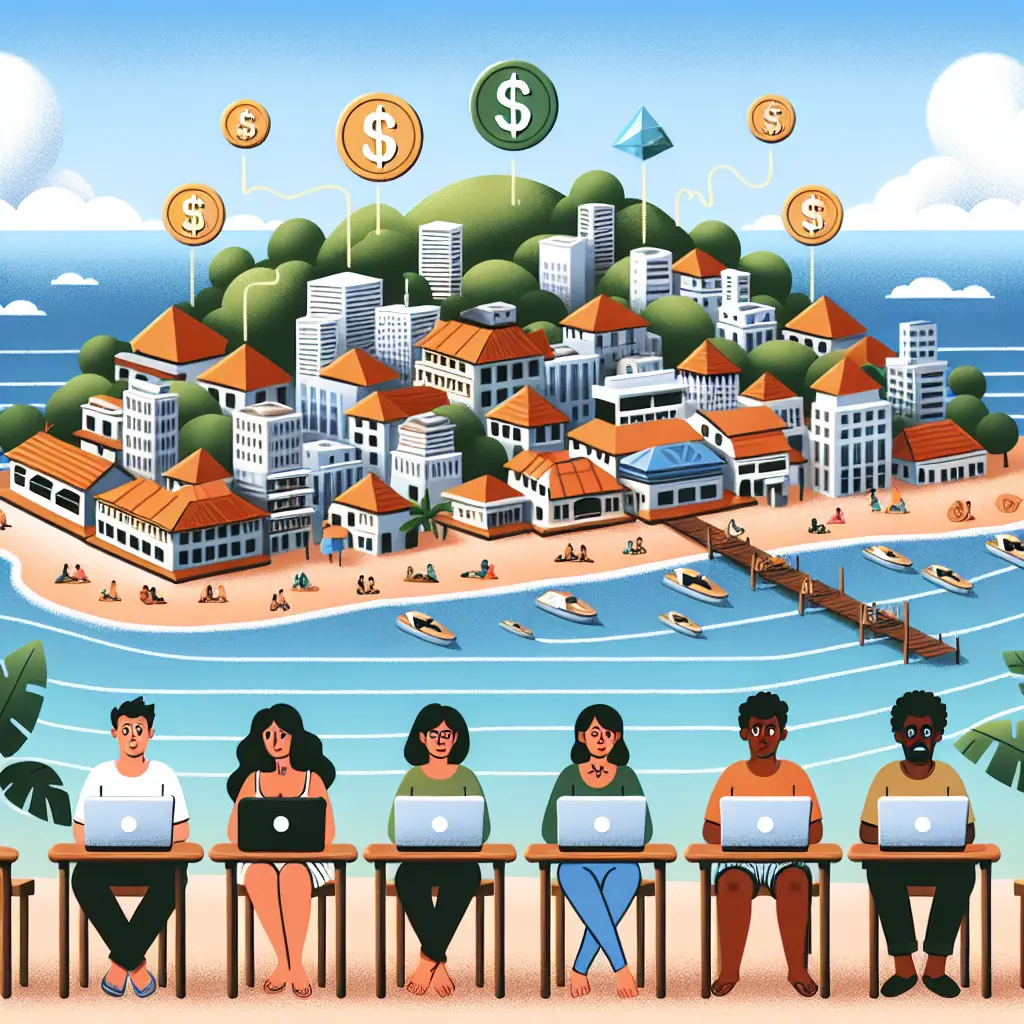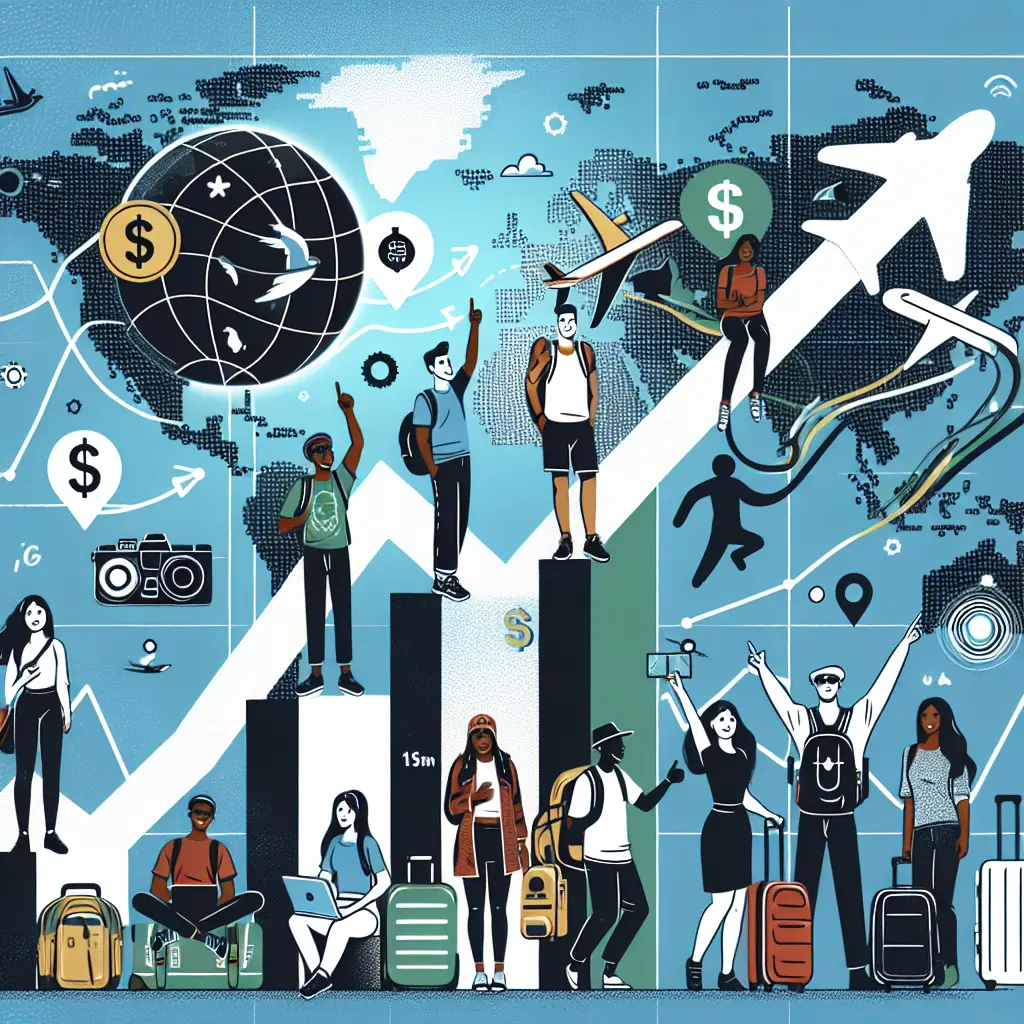Bali has become a dream destination for digital nomads, but this wave of remote workers is creating both opportunities and challenges for the island and its local communities.
For years, Bali has attracted digital nomads with its blend of natural beauty, rich culture, and relatively low cost of living. The promise of working from tropical beaches or lush jungle cafes draws thousands each year, transforming the island into a remote work hotspot. However, recent trends suggest that this influx is having profound effects—both positive and negative—on Bali and its people.
The Allure: Why Digital Nomads Flock to Bali
Bali’s appeal for digital nomads is easy to understand:
Affordable Lifestyle: Traditionally, living expenses in Bali have been much lower compared to Western cities.
Vibrant Community: Co-working spaces, networking events, and a strong sense of camaraderie make it easy for newcomers to connect.
Inspiring Environment: The combination of surf, spirituality, and creativity fosters productivity and well-being.
The Downside: Rising Costs and Local Impact
Yet, the digital nomad boom comes at a price:
Soaring Property Prices: The surge in demand for accommodation has led to skyrocketing rents and property values, pricing out many locals.
Visa Concerns: Many nomads stay on tourist visas rather than official remote work permits, complicating legalities for both themselves and local authorities.
Cultural and Social Strains: As neighborhoods gentrify to cater to foreign workers, traditional Balinese lifestyles and customs face disruption.
Balancing Paradise with Responsibility
One remote worker reflected on her experience, saying that while Bali was once an affordable paradise, she now spends almost as much as she would in her home country. This sentiment is echoed by many who notice the changing cost dynamics on the island.
The evolving situation in Bali underscores an important lesson for digital nomads everywhere: our choices have consequences for the places we call “home,” even temporarily. Here’s how digital nomads can make a positive impact:
- Respect Local Laws and Customs: Use appropriate visas, learn about Balinese culture, and support local businesses.
- Be Mindful of Your Footprint: Choose accommodation that benefits local communities and avoid contributing to overtourism or gentrification.
- Give Back: Volunteer, donate, or support initiatives that help preserve Bali’s unique environment and culture.
As remote work continues to reshape global travel patterns, destinations like Bali face both opportunities and challenges. By making thoughtful choices, digital nomads can help ensure that these beautiful places remain welcoming—not just for future travelers, but for the people who call them home year-round.
Looking Forward: Bali's Future with Digital Nomads
For more insight into how Bali is changing under the influence of the digital nomad movement, you can read the full article here.
Safe travels and mindful adventures—wherever your laptop takes you next!










Leave a Comment